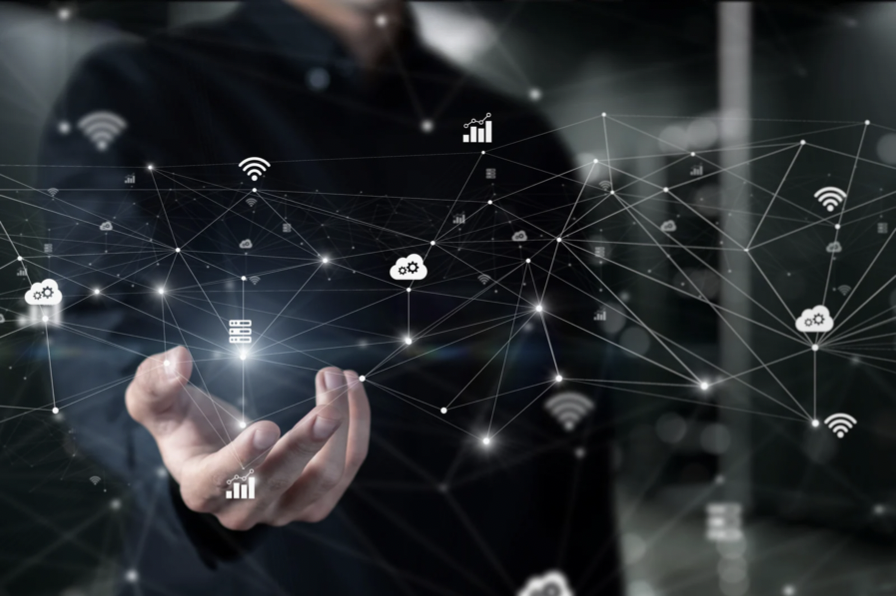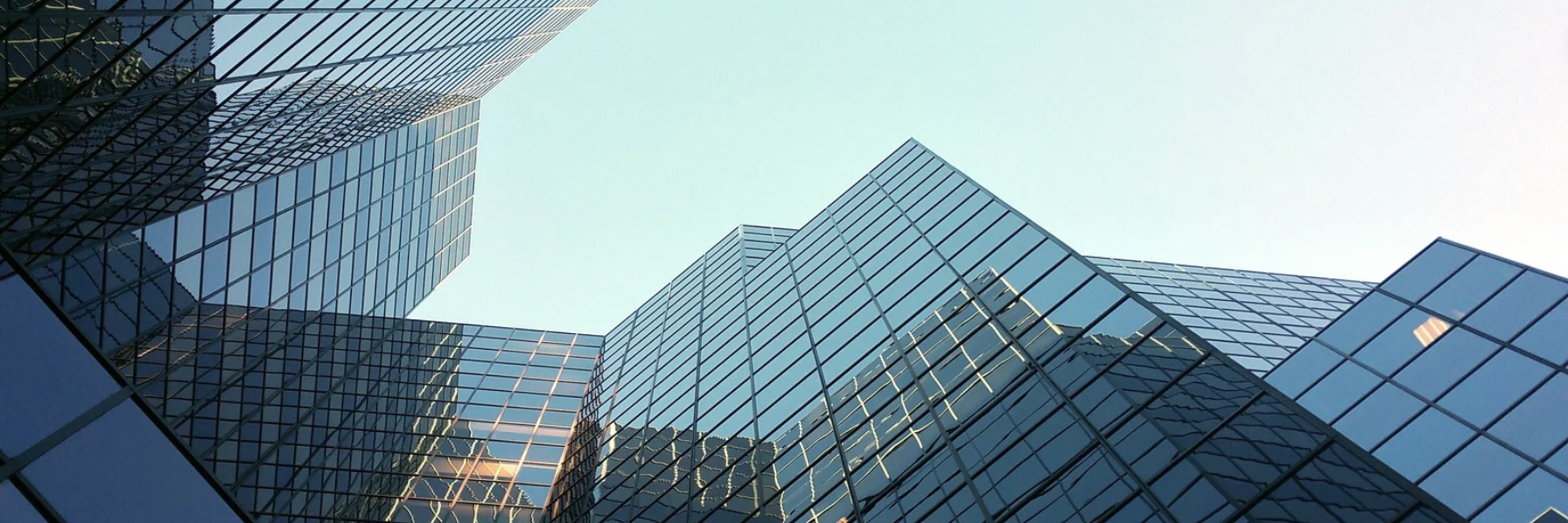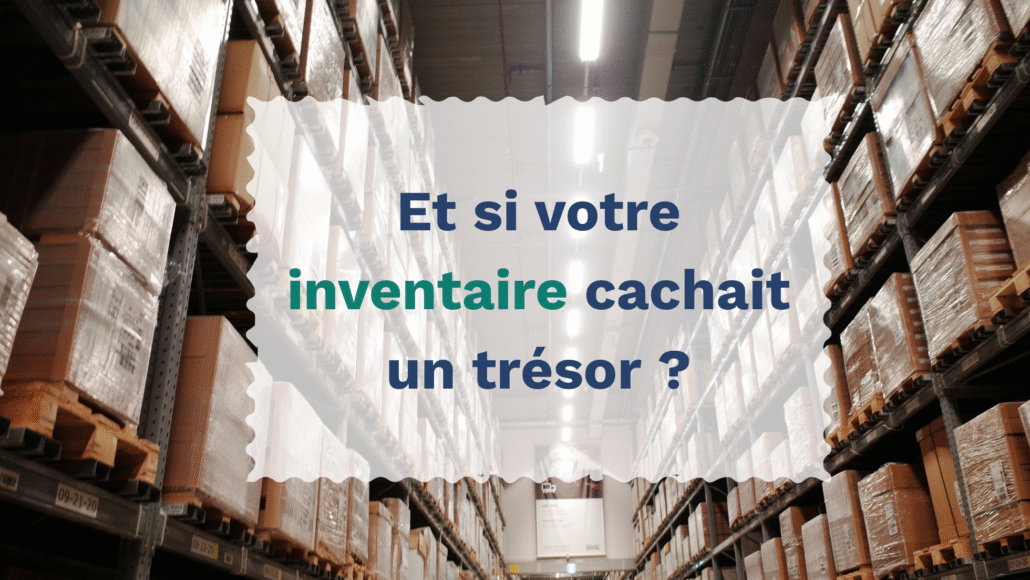
The circular economy, a model aimed at maximizing the use of resources and reducing waste, is rapidly gaining importance in the business world. Here’s an overview of the main trends and future prospects in this field.
Expected developments over the next few years
Widespread adoption of circular economy principles
As more and more companies recognize the economic and environmental benefits of the circular economy, its adoption is set to accelerate over the coming years. Stricter government regulations on waste management and resource use, as well as growing consumer pressure for sustainable products and services, will prompt companies to rethink their business models and supply chains.
The emergence of new circular business models
We will see the rise of innovative business models based on the principles of the circular economy, such as the functionality economy, product leasing and product-service systems. These models will encourage product sustainability, resource sharing and reuse, rather than individual ownership and waste.
Increased collaboration between companies and stakeholders
The transition to a circular economy will require close collaboration between businesses, governments, non-governmental organizations and consumers. Companies will seek to establish collaborative partnerships and ecosystems to share resources, knowledge and best practices, in order to optimize resource use and reduce waste across the industry.
Disruptive innovations and new technologies
Eco-responsible design and eco-innovation
Product eco-design will become a priority for companies, with a particular focus on durability, repairability, reuse and recycling. Innovations in sustainable materials, modular design and clean production technologies will create products that are more environmentally friendly and easier to recycle or reuse.
Internet of Things (IoT) technology and resource traceability
The Internet of Things (IoT) will play a key role in managing and tracking resources throughout their lifecycle. Sensors and tracking technologies will enable us to monitor material flows, optimize their use and facilitate their recovery and reuse at the end of their life cycle.


Artificial intelligence (AI) and data analysis
AI and data analysis will be used to optimize production processes, identify opportunities for improving resource efficiency and predict raw material requirements. These technologies will also enable circular economy scenarios to be modeled and simulated, helping companies to make informed decisions.
3D printing and additive manufacturing
3D printing and additive manufacturing will open up new opportunities for the reuse and recycling of materials, enabling on-demand production and product customization. These technologies will reduce production waste and make it easier to repair and refurbish products.
Global and regional outlook
Global outlook
Globally, the transition to a circular economy is set to accelerate, driven by the concerted efforts of governments, businesses and consumers. However, progress will be uneven from region to region, depending on regulations, infrastructure and awareness levels.
Regional outlook
Europe: The European Union is at the forefront of promoting the circular economy, with strict regulations and initiatives to encourage the adoption of circular practices in all sectors. European countries should continue to play a leading role in this field
North America: Although some initiatives have been launched, adoption of the circular economy in the USA and Canada remains fragmented. However, growing pressure from consumers and investors should stimulate wider adoption in the years to come.
Asia: Countries such as China, Japan and South Korea have already introduced policies and regulations promoting the circular economy. Other Asian countries are likely to follow this trend, driven by the need to manage waste and preserve natural resources.
Latin America and Africa: Although the circular economy is still at an early stage in these regions, some countries such as Brazil, Mexico and South Africa are beginning to introduce initiatives to promote more sustainable practices.
Discover CircularPlace, the platform dedicated to the circular economy!
#CircularEconomy #CorporateSustainability #GreenInnovation #ResourceManagement #WeAreCircular
Read also
Questions about CircularPlace?

